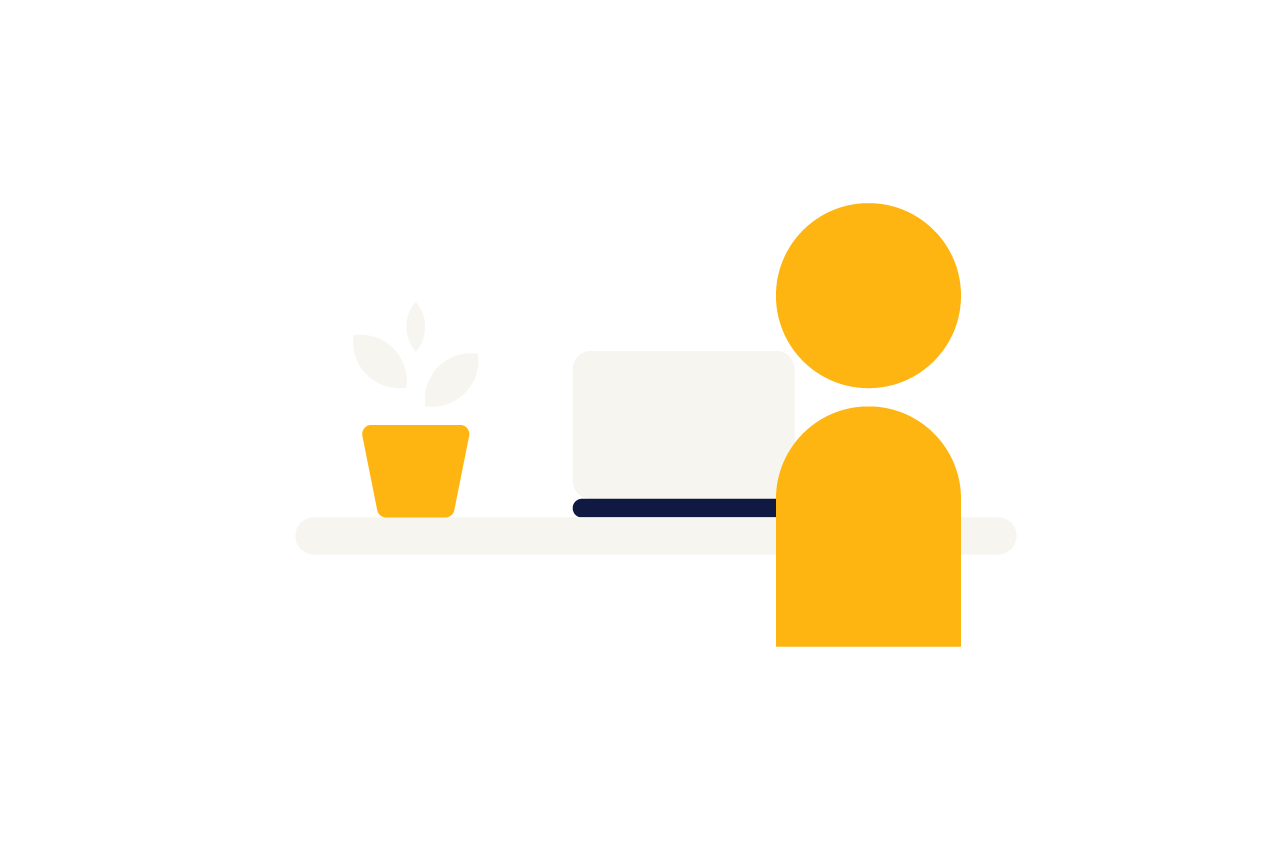More than 15% of people in the UK are neurodivergent, a term used to describe the range of human brain function and behaviour. Neurodivergence refers to conditions that aren’t neurotypical, such as autism, Asperger’s Syndrome, dyslexia, dyscalculia, dyspraxia and attention deficit hyperactivity disorder (ADHD).
Neurodivergent people can bring a much-needed skill set that includes creativity, lateral thinking, a different perspective, highly specialised skills and strict consistency are commonly associated with neurodivergent people.
Employers are recognising the value of including neurodiverse people in their workforce but might not have the right information or tools to support them at the interview stage resulting in missing out on their talent.
When planning an interview with a neurodiverse candidate, the CIPD Neurodiversity at Work report suggests that you should consider the whole end-to-end interview and tailoring your current interview process to support their needs. This could include, giving clear descriptions of how to get to the interview (or assessment) location (preferably with visual cues) and more precise details on what to expect in the interview – including who they will meet, then length and format of the interview, and choose a suitable quiet space free from distractions.
- For more tips and advice on hiring and managing neurodiverse workers, download our 2021 Diversity and Inclusion report
Here are our top five considerations when reviewing the interview process to suit a candidate's neurodiversity:
- The interview environment
- Less is more
- Be patient & direct with your questions
- It’s all about the skills
- Let’s talk social
the ideal interview environment for neurodiverse candidates
What are your regular interview setups like? If they’re too noisy with discrations (glass doors and big windows where people are passing), this could be uncomfortable for those with sensory processing issues. Whether you're doing a virtual interview or a face-to-face interview, ensure that you find a place that can help them focus on the interview by choosing a quiet location with no clutter and a place that has natural light will suit them (if in person, no strong odours). Those who are neurodiverse might have a schedule they like to stick to, such as candidates with autism, so avoid typical meal times and ask them what time would suit them.
breaking up the interview for neurodiverse candidates
A neurodiverse candidate can find some elements of social interaction challenging. If the job interview needs to be held with several stakeholders, try breaking up the sessions by scheduling sequential interviews, rather than one panel interview - this can help them not become overwhelmed.
the best way to ask questions for neurodiverse candidates
Neurodiverse candidates might need extra time to consider how best to answer your questions, so be patient before jumping in or prompting. Choose your questions carefully and be direct. Closed questions that focus on the candidate's actual experiences, skills and processes needed for the job will be more successful than open-ended, vague and even hypothetical that could cause confusion.
how to focus on skills during an interview with a neurodiverse candidates
When interviewing a neurodiverse candidate, changing the standard interview process to focus on skills-based methods, questions and tasks will help you understand how your candidate can perform and deliver on specific tasks that are required in the role they are applying for. A great way to get a deeper understanding is to ask the candidate to bring in past work samples that relate to the job they are interviewing for.
how to interact with a neurodiverse candidate during an interview
Candidates with neurodiversity may not be able to follow social norms and could find themselves in the position where they are unable to make eye contact, can be fidgety, or exhibit physical tics during the interview process. Be considerate and don’t let their social mishaps interfere with your final hiring decision.
The best thing you can do for your neurodiverse candidate is to ask them “what can we do to make you more comfortable at your upcoming interview?”.
Learn more by downloading our 2021 diversity and inclusion report.
